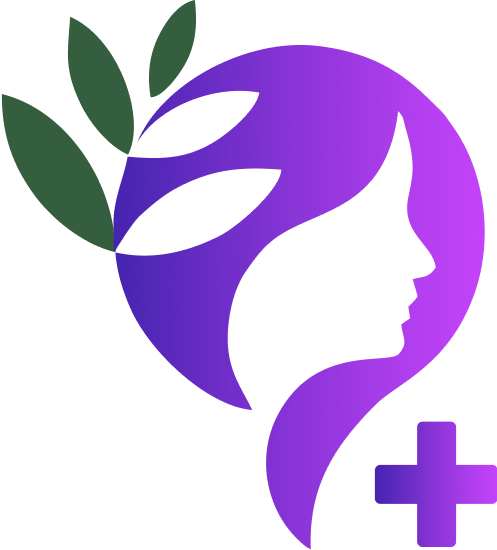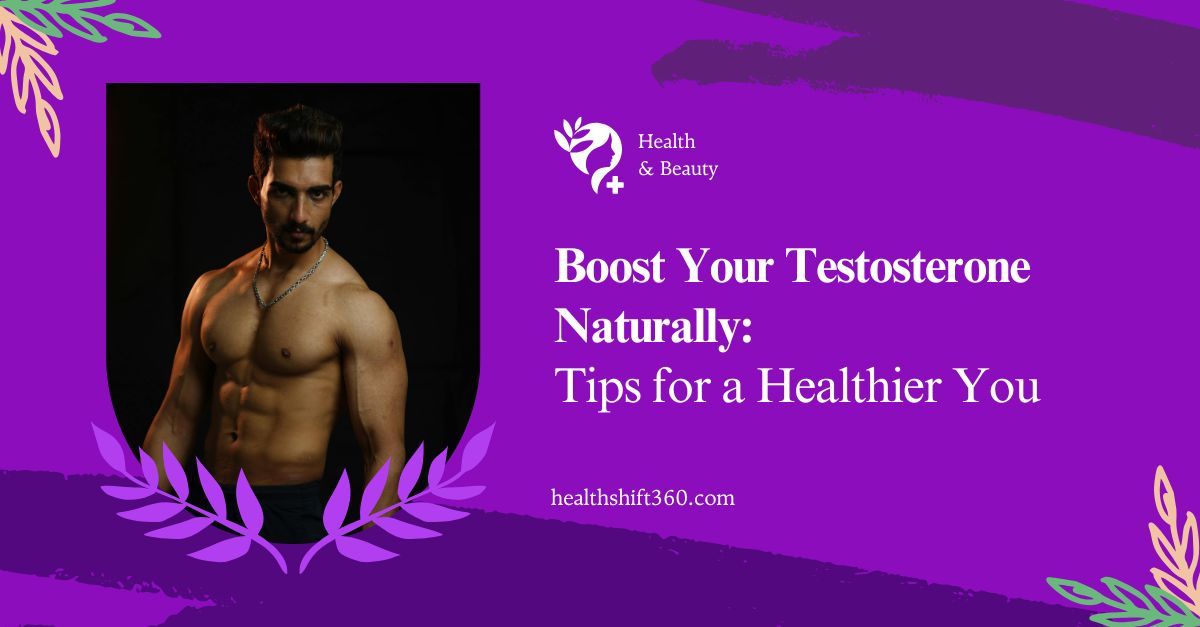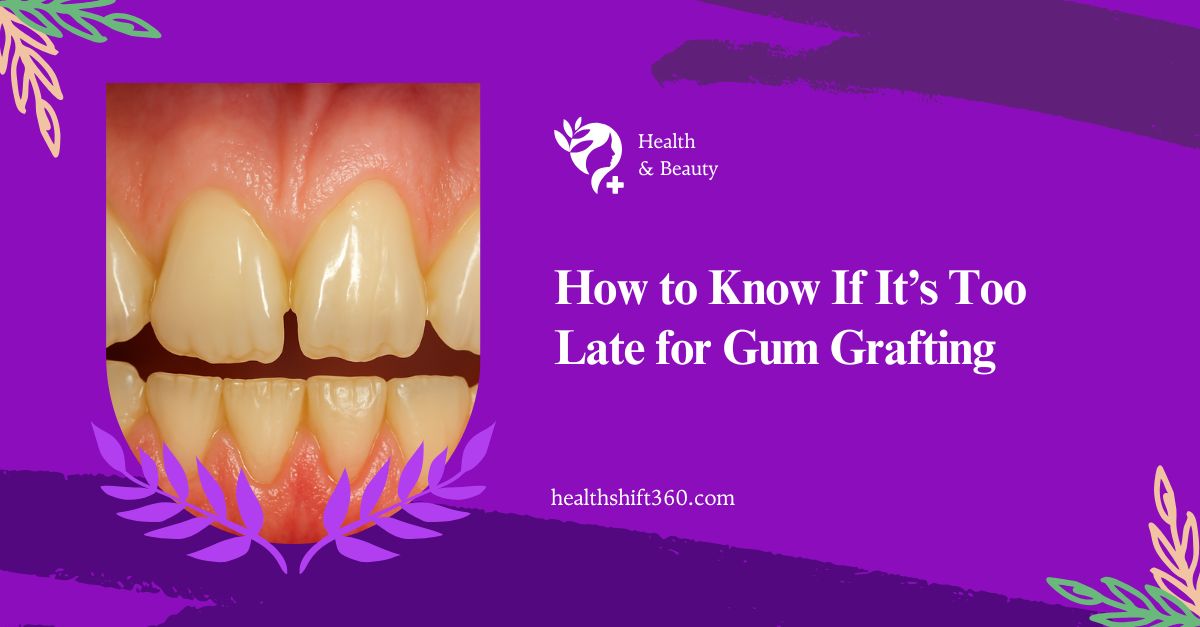Feeling low on energy or noticing changes like reduced muscle mass or a dip in libido can be both confusing and frustrating. You’re not alone, as many men aged 30-60 experience these shifts as part of the natural aging process.
Whether you’re a busy professional or a devoted family man, these changes might make you feel like you’re not performing at your best. But there is hope. This guide is designed to empower you with natural ways to increase testosterone while giving you practical, science-backed steps to improve your overall health.
Testosterone and Its Importance
Testosterone is a key hormone that plays a vital role in male health, impacting everything from muscle mass and bone density to mood and energy levels. Low testosterone symptoms can manifest as fatigue, a decline in libido, and even mood swings.
Recognizing these signs early is crucial for taking effective action. We understand that experiencing these changes can feel isolating or overwhelming, like watching your favorite sports team fall behind despite your best efforts.
With clear, actionable advice on lifestyle changes, exercise, and diet, you’ll learn how to take charge of your health. This article is crafted especially for men who prefer natural remedies over pharmaceuticals, helping you regain control with empathy and expert guidance.
Common Low Testosterone Symptoms
Testosterone is more than just a “male hormone”—it’s a driving force behind your body’s physical and emotional well-being.
As men age, testosterone production can decline, sometimes leading to low testosterone symptoms such as fatigue, decreased libido, and difficulty concentrating. Low testosterone can affect various aspects of your health. Here are some signs to look out for:
- Fatigue and low energy
- Reduced muscle mass
- Lowered libido
- Mood changes
- Difficulty focusing
Recognizing these signs of hormonal imbalance early on can be empowering. Once you identify these symptoms, you can take proactive steps through lifestyle changes and natural methods to help boost your testosterone levels.

Exercise and Physical Activity for Testosterone Boost
Testosterone boosting exercises are among the most effective natural ways to increase testosterone. Resistance training, such as weightlifting, is crucial for stimulating testosterone production.
Exercises like squats, bench presses, and deadlifts signal your body to repair and strengthen muscles, naturally elevating testosterone levels.
For beginner strength training, starting with manageable weights and gradually increasing intensity can yield impressive results. High-Intensity Interval Training (HIIT) is another effective method, alternating short bursts of intense exercise with recovery periods.
Dietary Adjustments: Best Foods for Men’s Health
Your diet plays a significant role in hormone levels. Certain foods that increase testosterone naturally can help maintain balanced levels and support overall health.
- Leafy Greens: Spinach and kale provide magnesium, which is linked to higher testosterone.
- Healthy Fats: Avocados, nuts, and olive oil support hormone production.
- Lean Proteins: Eggs, fatty fish, and chicken aid in muscle repair.
- Whole Grains: Quinoa, brown rice, and oats maintain stable blood sugar levels.
Stress Management: Lowering Cortisol to Improve T Levels
Chronic stress can wreak havoc on your hormone levels by elevating cortisol—a stress hormone that negatively impacts testosterone production. Think of cortisol as a traffic jam in your body’s metabolic system; when it builds up, it prevents the smooth flow of hormonal signals.
Mindfulness and Meditation
Practicing mindfulness or meditation can help reduce stress and lower cortisol levels. Even a few minutes a day can make a significant difference. Simple breathing exercises, meditation apps, or even a quiet walk in nature can reset your mental state and improve hormonal balance.
Relaxation Techniques
Incorporate activities that relax both your body and mind. Listening to music, practicing yoga, or engaging in hobbies you love can reduce stress. The goal is to create a balance, ensuring that your body isn’t overwhelmed by cortisol, which supports higher testosterone levels.
Practical Tips for Stress Management:
- Schedule downtime: Allocate time in your day for relaxation.
- Stay connected: Talking with friends or family can help release built-up tension.
- Set realistic goals: Breaking tasks into smaller steps can reduce the pressure of overwhelming responsibilities.
By managing stress effectively, you can create a healthier internal environment that supports the natural production of testosterone.
The Role of Sleep in Hormone Balance
Sleep is crucial for recovery and hormone production. Poor sleep habits can lead to low testosterone symptoms as the body misses out on vital hormone production during rest. Getting 7-9 hours of quality sleep each night is essential for maintaining hormonal equilibrium.
Quality Sleep Practices
Establish a regular sleep schedule by going to bed and waking up at the same time every day. A calm bedtime routine, free of screens and stressful activities, can signal your body that it’s time to wind down. This practice is at the heart of the Role of Sleep in Hormone Balance, ensuring that your body has enough time to repair and regenerate.
Sleep Environment
Make your bedroom a sanctuary for sleep. Keep the room dark, cool, and quiet to foster deeper sleep. Consider blackout curtains or white noise machines if needed.
Practical Sleep Tips:
- Limit caffeine: Avoid caffeine late in the day.
- Digital detox: Reduce screen time at least an hour before bed.
- Relaxation rituals: Engage in reading or gentle stretches to help ease into sleep.
Prioritizing sleep is not only key to your overall well-being but also a fundamental natural way to increase testosterone levels. A consistent sleep schedule and quality rest can make a noticeable difference in your energy, mood, and hormone production.
Weight Management and Testosterone
Maintaining a healthy weight is closely linked to optimal hormone levels. Excess body fat, particularly around the midsection, can convert testosterone into estrogen, reducing its availability in your body.
By managing your weight through balanced nutrition and regular exercise, you support natural testosterone production and improve overall health.
Balanced Approach
Adopting a balanced lifestyle—where exercise, proper diet, and adequate rest all play a role—creates a synergistic effect that supports hormonal health. Think of it as a well-tuned orchestra, where every section contributes to a harmonious performance.
Actionable Strategies:
- Regular check-ins: Monitor your weight and adjust your eating habits as needed.
- Combine diet and exercise: A mix of resistance training and cardiovascular activities can help shed excess fat while preserving muscle mass.
- Mindful eating: Pay attention to portion sizes and listen to your body’s hunger cues.
Managing your weight isn’t just about looking good; it’s a critical part of ensuring that your body can produce and maintain healthy testosterone levels.

Role of Supplements: Enhancing Your T Levels Safely
While lifestyle changes are the foundation, certain testosterone supplements can complement your efforts. Some beneficial supplements include:
- Vitamin D: Essential for hormone production.
- Zinc: Supports immune function and testosterone levels.
- Ashwagandha: May help reduce stress and boost testosterone.
Before starting any new supplement, consult a healthcare provider to ensure safety and effectiveness.
When Natural Methods Aren’t Enough: Medical Treatments
Sometimes, despite your best efforts with natural lifestyle changes, symptoms may persist. It’s essential to recognize when your body might need additional help.
If you experience severe low testosterone symptoms that significantly impact your daily life, it may be time to explore medical options.
Recognizing the Limits of Natural Methods
When natural methods like regular exercise, balanced nutrition, and proper sleep, do not bring about the desired improvement, it may indicate an underlying condition like hypogonadism. In such cases, your body might not be able to produce enough testosterone on its own.
Importance of Professional Consultation
Before making any decisions about medical treatments, it is crucial to consult with a healthcare professional. They can perform tests to evaluate your hormone levels and identify potential issues. A doctor’s guidance will help ensure that any decision made is safe and appropriate for your specific health needs.
Overview of Testosterone Replacement Therapy (TRT)
Testosterone Replacement Therapy (TRT) is a medical option for men with significantly low testosterone. TRT can be administered through injections, patches, or gels to restore hormonal balance.
While it offers increased energy and muscle mass benefits, potential risks include acne, sleep disturbances, and heart health concerns. Consulting a doctor before starting TRT ensures a safe and informed decision.
By following these natural ways to increase testosterone, incorporating testosterone-boosting exercises, consuming foods that increase testosterone, and considering the best supplements for men’s wellness, you can take proactive steps toward better hormonal health.
If needed, medical interventions like Testosterone Replacement Therapy are available, ensuring a comprehensive approach to testosterone management.
Conclusion
There are several natural ways to increase testosterone that can help you regain your energy, improve your mood, and support overall health. From incorporating testosterone boosting exercises like resistance training and HIIT to making dietary changes that emphasize best foods for Men’s health, every step you take contributes to a healthier, more balanced you.
Remember, managing stress, getting quality sleep, and maintaining a healthy weight are equally important. While supplements like vitamin D, zinc, and ashwagandha can complement your efforts, knowing when to consult a healthcare professional—especially if symptoms persist—is vital.
Start with small, manageable changes today, and empower yourself to better hormonal health.




